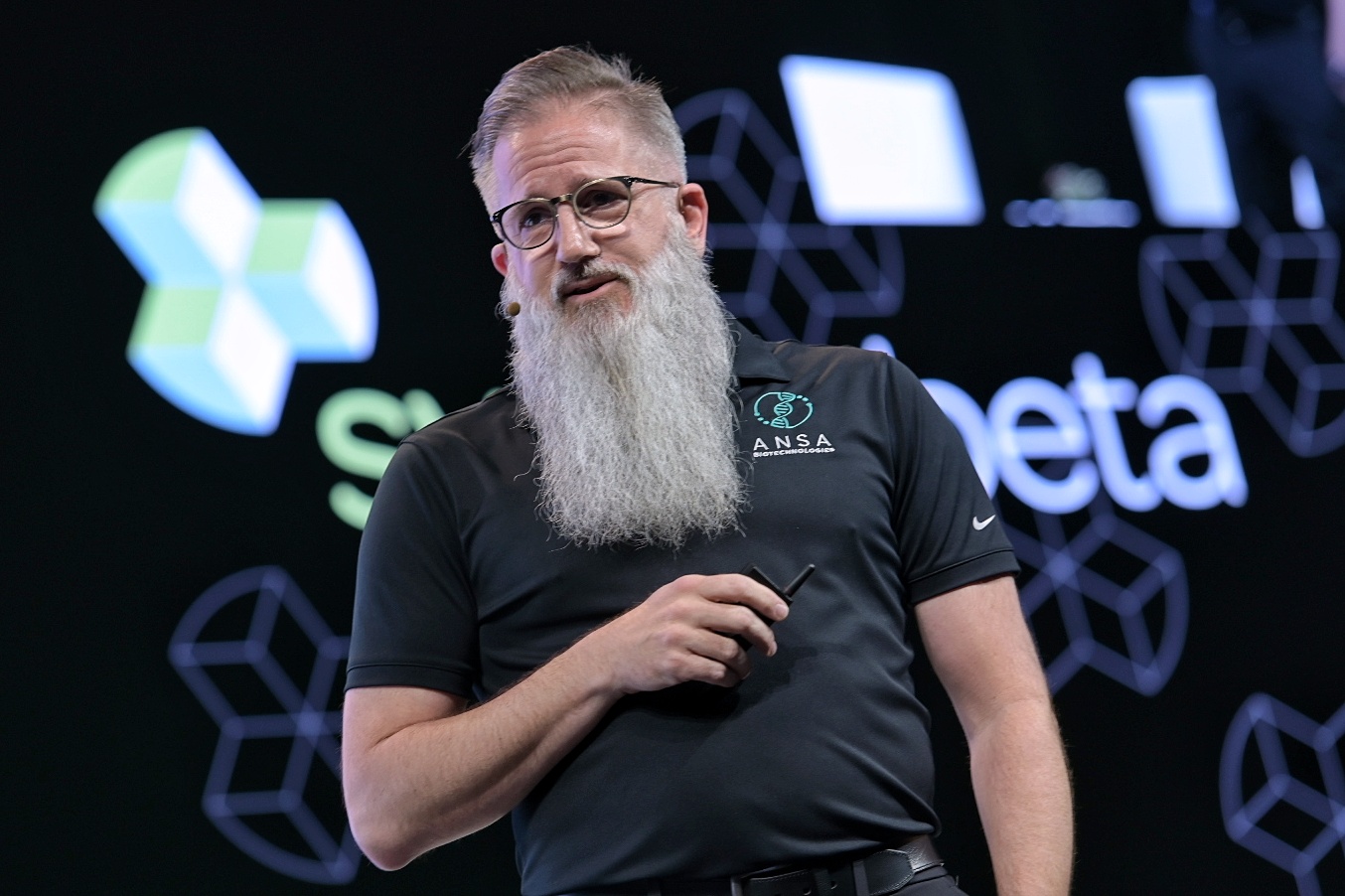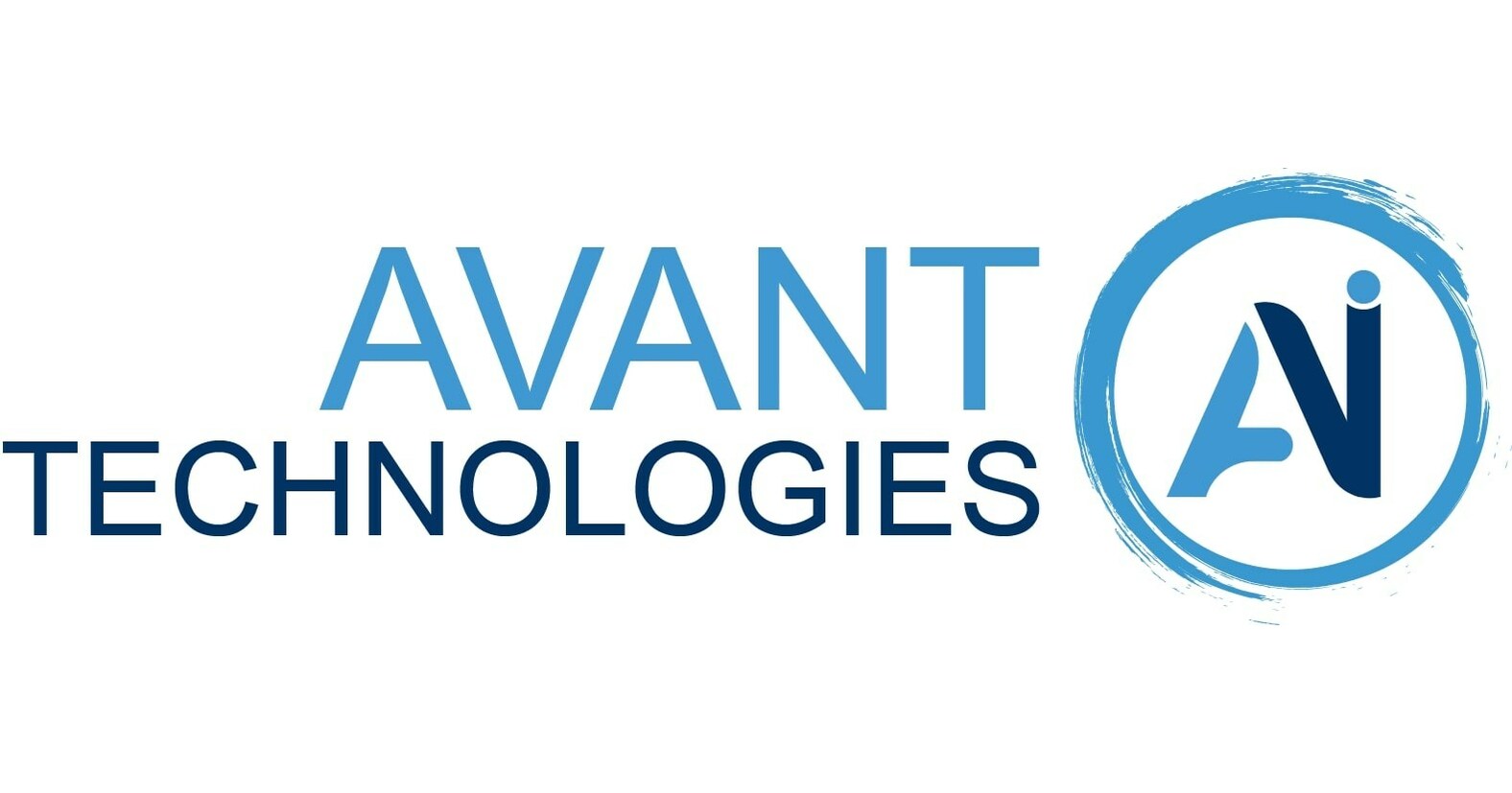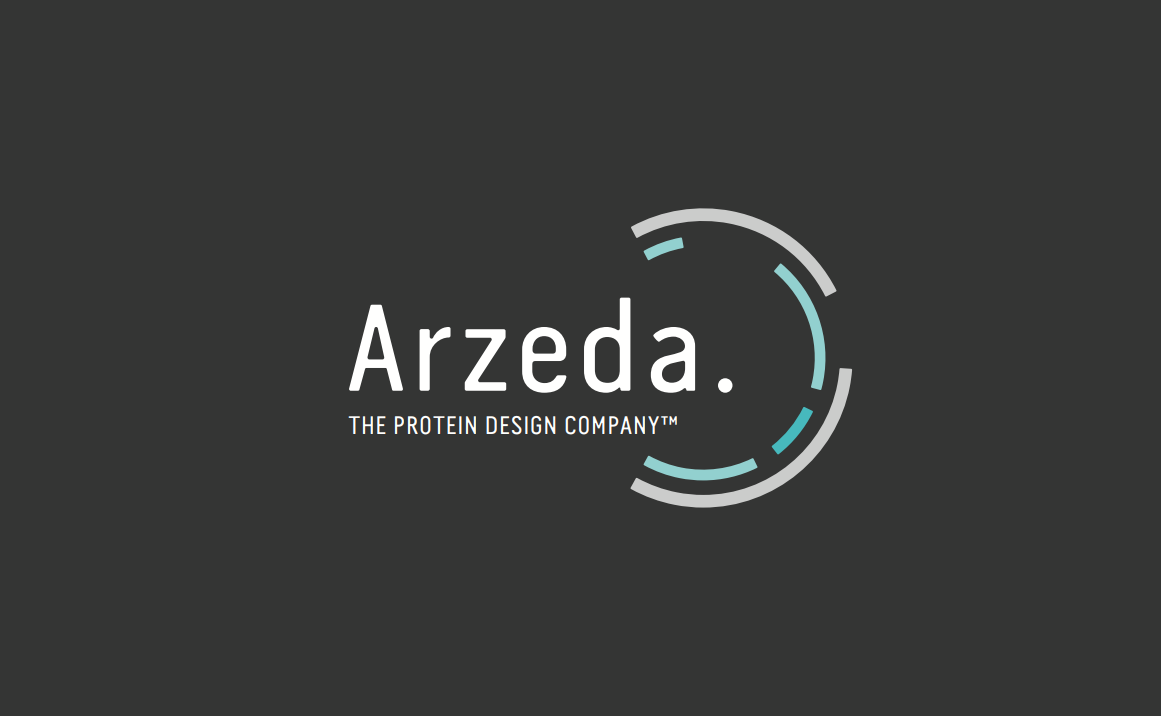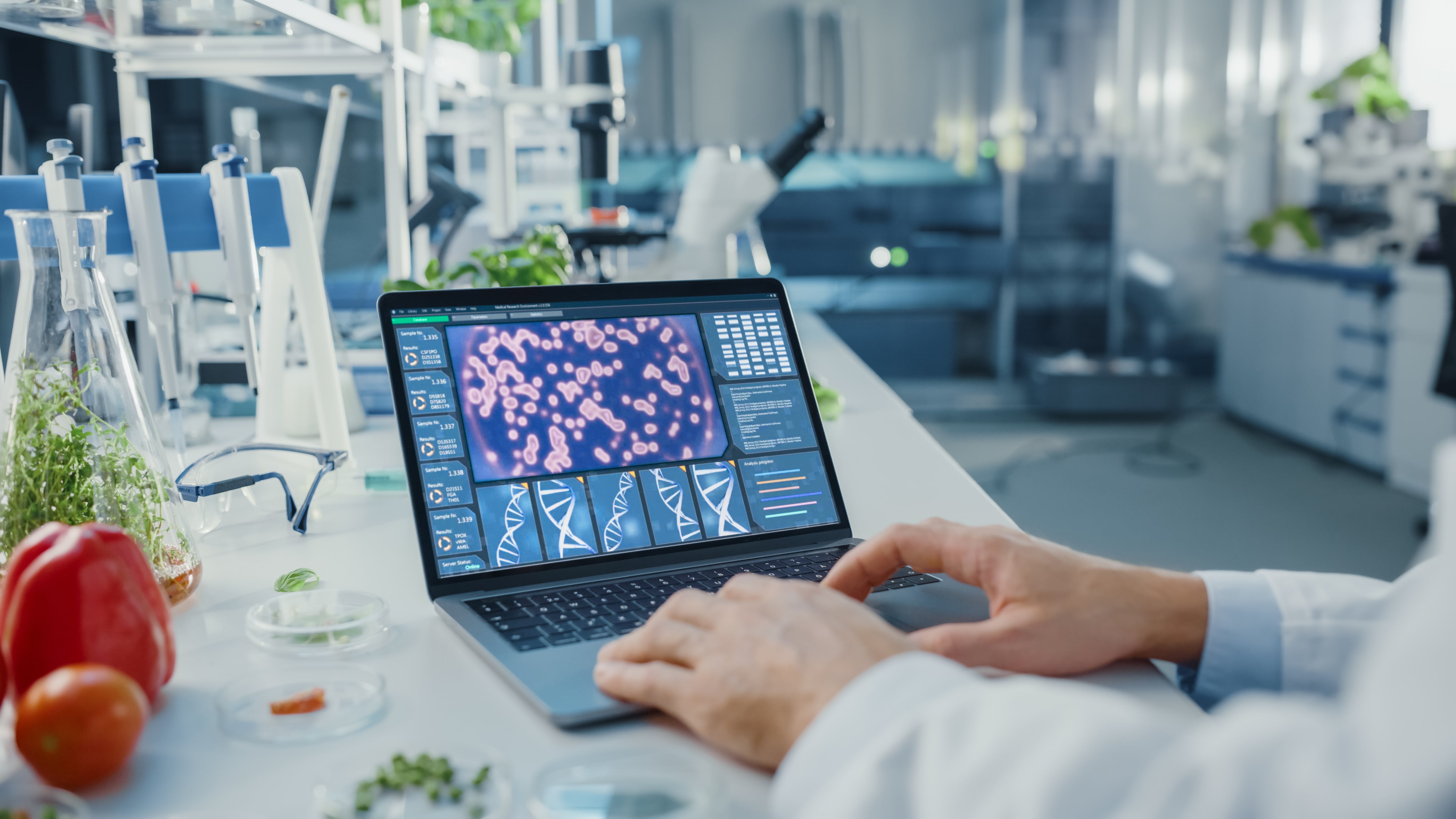How Culture Biosciences CEO Will Patrick is striving to make running bioreactors as easy as running code on a server
Culture Biosciences recently secured USD $5.5 million to pioneer biomanufacturing as a service from Section 32, DCVC, Refactor Capital, and Verily. Read more here.The whir of machines. The glint of metal. Ear-ringing clacks. The smell of leather. Voices shouting in a foreign language.The setting is a textile factory in India. Hot and loud, and certainly not most people’s idea of an inspirational place. But Will Patrick is certainly not most people.“It was just incredible to me to actually see where were all of these things that we just buy off the shelf, where were they coming from, how are they made, seeing that full cycle of a physical item,” says Patrick, reminiscing about his visit to the Indian factory as a college intern.Today, Patrick is CEO and co-founder of Culture Biosciences, a company that aims to help industrial fermentation companies make their products as easy to manufacture and scale as mass-manufactured consumer goods. How did a young man obsessed with manufacturing go from observing a factory in India to CEO of a synthetic biology startup?
Biological systems are fabrication systems
The jump wasn’t all that far. Patrick’s fascination with the physical world and how humans can design the physical world and the systems in it landed on synthetic biology while he was a member of the rapid evaluation team at Google. Patrick began reading research articles about DNA nanostructures and became hooked. It didn’t take him long to recognize that “was as far back as possibly go in terms of thinking about where things come from, and how things are made.”As he continued to learn more, Patrick recognized “the power and capability of genetic engineering in order to program an organism to be a little factory for molecules ... to make a whole palette of molecules. That to me, was a really eye opening and powerful capability. And it just was extremely exciting. And it made me really want to contribute to that. Synthetic biology is the ultimate fabrication technology!”
A singular goal: serving the broader synthetic biology community
According to Patrick, the goal behind Culture Biosciences is to “to be an enabler for the community broadly, to accelerate their work.” To reach this goal, the manufacturing and fabrication fiend set his sights on the manufacturing and fabrication piece of synthetic biology: industrial fermentation.One of the largest bottlenecks to scaling up industrial fermentation is the very tool that should enable the process to occur more rapidly: the bioreactor. Not only are the machines expensive to purchase, but they are also extremely manual. Just purchasing and installing bioreactors can take up to a year. Add on top of that the necessary expertise to run and maintain the bioreactors, and the fact that a single person can only maintain 3-4 at a time, and it’s easy to see how bioreactors represent a thorn in the side of many companies.When talking to people in the field, it quickly became apparent to Patrick that the solution companies were after was the solution that eliminated the bioreactor piece of the puzzle and just gave them the data from bioreactor experiments as quickly as possible. He remembers a particular conversation with a VP-level individual during a tour of a big industrial biotech company two and a half years ago. Although the company had hundreds of fermenters on site, the individual told Patrick that they would run 100 times more of these fermentors if it wasn’t so cost-prohibitive.“That was an insight, says Patrick, “the reason why people don’t run more is not because it's not valuable, it's because it's painful, it's because it’s costly, it's because it takes so much time to run these things. We want to to make it a lot easier, where you could just start running experiments next week. The analogy we like to make is to the software industry. Everyone used to buy their own servers and had to run them and that was a really painful process. Fermenters are way more painful than servers. We want synthetic biology companies to not have to worry about all of that really annoying execution of purchasing , installing, and operating so they can really focus on what is really essential for them as a business which is doing the genetic engineering, doing the really important intellectual work to improve their fermentation processes.”

Image: Culture Biosciences
Automation: the means to the end
Automation seems to be a word on everyone’s lips lately, Will Patrick’s included. His vision for Culture Biosciences is that customers go to them with a glycerol stock of an organism that goes in one side and leave with the data that come back out the other side. To help achieve this goal for their customers, they are working on automating the seed training stage, the fermentation itself, and the sample processing and data collection, with the eventual goal of having a fully automated system.The team is focused initially on the fermentation stage, developing technologies to tackle challenges such as how to inoculate and sample the bioreactors, how to add liquids to them when needed, and how to create software that makes it easy to execute processes on many bioreactors at one time. Their approach is different from that of many others in the field: Culture Biosciences is building all of their own technology from the ground up -- including their bioreactors (they currently have 54).This is the ultimate service model design, one that came after conversations with potential customers that indicated that they’d rather not own bioreactors themselves but instead just get useful data from them. Patrick’s vision is that with Culture Biosciences, customers will not need to plan a set of experiments 6-12 months in advance and deal with the intricacies of running and maintaining a suite of machines but will instead quickly and painlessly obtain the data that enables them to bring their product to market. Time is money, and Culture Biosciences is in the money saving business.
The role of humility and a process-driven approach
Patrick is quick to point out that the success Culture Biosciences, which started in August 2016, has experienced so far is a direct result of the culture of humility that embodies the company. They have been able to help their customer base by talking to as many synthetic biology companies as possible to learn what they want and need. For Patrick, it’s simple: “We are only going to succeed if we’re doing something valuable for our customers.”And the only way to ensure they’re producing a valuable product is to ask questions -- and to listen. Patrick and his co-founder Matt Ball know what they know -- technology development -- and what they don’t. They aren’t synthetic biologists, so for Patrick it is critical that they are “humble about asking questions to people in the industry to understand what they need, so that we can really be delivering services and tools that are really useful for them.”Patrick is also a firm believer in using a process driven approach. Since before the company existed, he and Ball have been bouncing ideas off of people, learning their needs, sharing prototypes, getting feedback, and reiterating, ultimately whittling their focus down from a slew of ideas to the one or two ideas representing the biggest problem, the biggest need in the community. The process isn’t much different from what he was doing on a daily basis at Google as part of the rapid evaluation team, whose job it was to figure out the problems to solve in the world, and potential solutions to them -- and to whittle the possibilities down from millions to the few really impactful solutions.If it all sounds very calculated, it is -- and Patrick also recognizes the role luck plays in the success of a company. Yet he firmly believes that entrepreneurs can at least partially take their success into their own hands using a process-driven approach like he and Ball have with Culture Biosciences.“I honestly just don't buy into this the whole -- what I think is so common in Silicon Valley -- the mythologizing about the origin stories of companies. I think the mythologizing about origin stories is really missing how startups happen, it's really missing, the details. It's missing all of the elements that lead into coming up with concepts,” he says.

Image: Culture Biosciences
Don’t lose sight of the beauty
As Patrick reflects on how quickly his company has grown, and as he looks into the future of Culture Biosciences -- and synthetic biology as a whole -- he emphasizes how important it is not to get caught up in moving dollars around, but to remember why we are all striving to make our world a better place with synthetic biology.“A lot of times, we can get caught up in the economics, how do we make this a good business, and I think that we shouldn't forget the very fundamental and breathtaking nature of what is the core technology and its potential, and just remember the gravity of that and keep thinking about that as we do our work,” he says. “There's a broad project going on that I think everyone in this community is contributing towards, broadening the palette of molecular possibility, and then using that, hopefully, for the benefit of society. This is why I love what I do.”



.svg)










-min.png)

.gif)